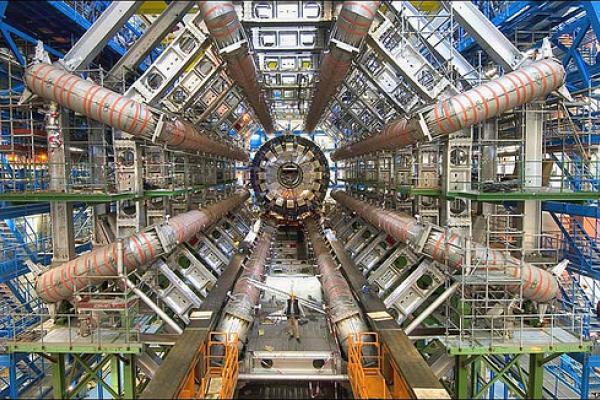The Higgs boson is perhaps better known by its sexier nickname: the "God particle."
But in fact, many scientists, including the physicist for whom it is named, dislike the term.
In 1993 when American physicist Leon Lederman was writing a book on the Higgs boson, he dubbed it "the goddamn particle." An editor suggested "the God particle" instead.
One thing is clear: The July 4 discovery that marked a new chapter in scientific knowledge also reignited debate over the universe’s origins — and the validity of religious faith as scientific knowledge expands.
The Higgs boson explains why particles have mass — and in turn why we exist. Without the boson, the universe would have no physical matter, only energy.
The cosmological implications are hotly debated. Can God fit in a scientific story of creation?
Read the Full Article

